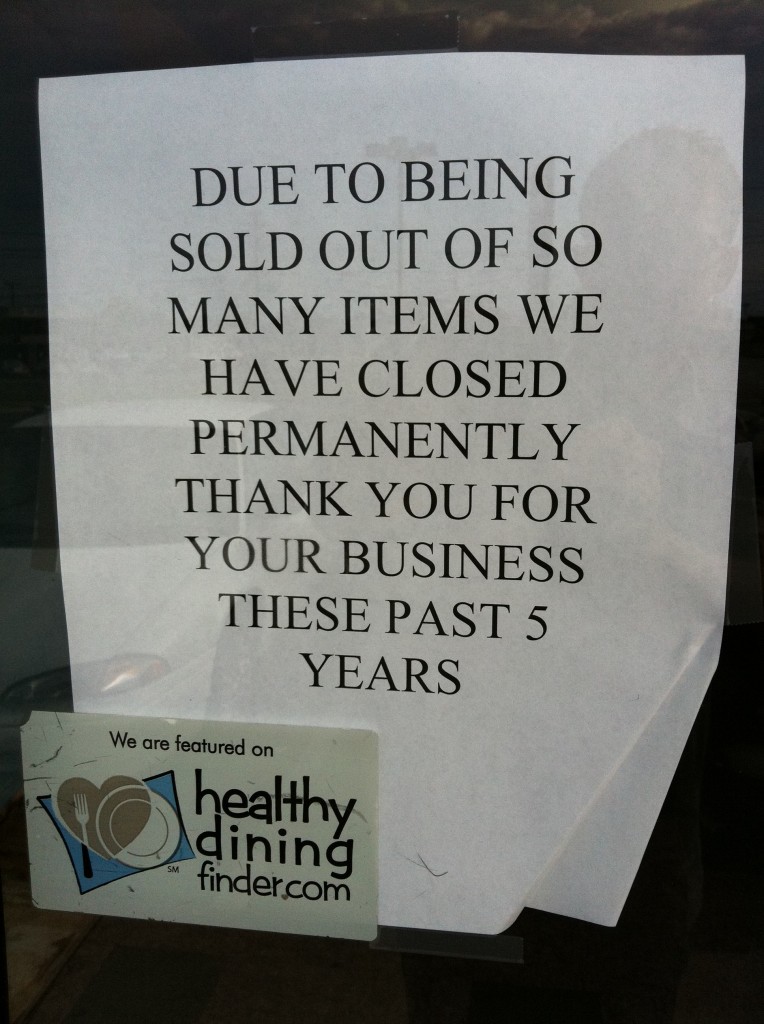Recently, my church, Grace Community Church, ordained me. It was an unbelievable kind of an experience for me. It was so incredibly special, and will be a great marker for me for the rest of my life.
But I had a lot of people ask me why I wanted to get ordained. Why, especially because I was already licensed (which is the process that the state recognizes for me to be able to marry and bury)? Why, especially because it wouldn’t change my title or job description at Grace? Why, especially because it wasn’t something our church had ever done before? Why, especially because it’s more of a ‘traditional’ church-y thing, and I’m not ‘traditional’ or church-y?
There are a few reasons why I wanted to be ordained, and why I wanted to do it at this point in my ministry.
Why ordination?
Ordination affirms your call to ministry.
In the process of ordination, I got to share my story, and sit before the elders and others at Grace for them to question me on my calling, my theology, and my future aspirations. We talked through safeguards I have in place in my life, and how I pursue God. Those men affirmed God’s working in my life. And I needed that.
Ordination tells you that other people have your back.
In a sense, ordination is a time where other guys hear your story and say, “Yep, we understand what God’s calling you to do…now go do it! We’ve got your back.” And I needed that.
Ordination is an important step for pastors.
People often associate “you know what you’re talking about” with ordination. There’s a different level of respect. And it’s not that I think I deserve or have earned that…I don’t think I’m entitled to it. Rather, I know that the title “ordained” carries weight with it. And I’m ready for that weight.
Ordination helps others understand their call.
In the process of public ordination, a local church sees someone who has been called to full-time vocational ministry. And I’m convinced that when they see that, God works in their heart. And sometimes He begins to plant the seeds of ministry in their heart, too. Because I know that it’s been in hearing other people’s stories that mine has seemed to gain more clarity. And the church needs that.
Why at this point?
Ordination shouldn’t be rushed.
I’ve been on staff now for nearly 4 years. I could’ve been ordained sooner, but I wanted to wait until Grace really knew me and my character. I wanted many people in the church to be able to honestly say, “I can also affirm God’s call on your life.” If I’d gone through this process earlier, there would’ve been some people who would’ve come down to pray over me. But it would’ve likely been those people who just felt like they had to do it. Now, there were lots of folks who came down front to pray over me…and these people have actually done life with me for nearly 4 years. They’ve seen my character and served with me, and are truly willing to stand beside me as I continue fleshing out God’s call for my life. That’s much more meaningful to me than a forced ceremonial ordination.
I’m glad I went through this process. It’s help me sure up my call, surrounded me with men who know who I am, and given me a renewed sense of God’s call on my life.
Question:
Have you been ordained? Was it a good experience for you?









Don’t be anonymous
The more and more I’m active in social media, the more and more anonymous commenters I seem to attract.
Image via Guardian
And at one level, I get it. Anonymous comments are a chance to share what you really think, without the ramifications of having to deal relationally by asking hard questions, making pointed statements, and pushing someone in a way you wouldn’t normally do in person. I get it. But if you’re going to make some strong statements, don’t hide behind a false name. Be real. Give the person you’re attacking the chance to talk to a real person…not just a fake name.
Here’s the principle behind what I’m saying:
This principle holds true with many things in life.
If you’ve got a good idea, and you believe in it, sign your name to it. If you don’t believe in it, why promote it?
If you’ve got a new policy, and you believe it’s worth implementing, sign your name to it. Stand behind it. If you’re not willing to stand behind it, and deal with the questions and complaints, why implement it?
If you’re ready to hire a new person, and you believe they’re the right person for the job, stand behind them. Let everyone know you believe in this person. If you don’t believe in them, don’t hire them.
If you’re leading your organization in a new direction, stand behind the decision. There may be bumps along the way, but if you believe this is the direction you should go, then show everyone you believe in it.
Anonymous people rarely get anything done. It’s when you are willing to sign your name to what you believe that the ball can begin moving forward.
We don’t need more anonymity. We need leaders.
Question: Have you ever gotten anonymous comments on something you’ve done?